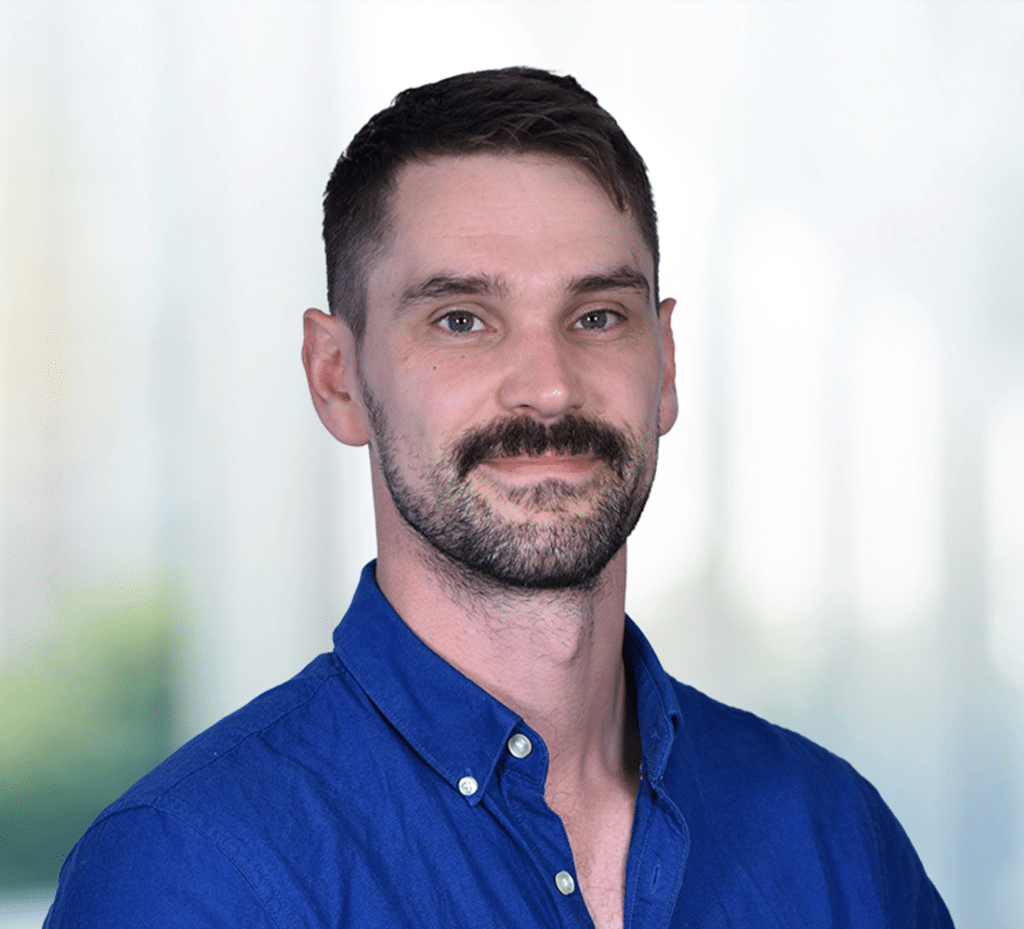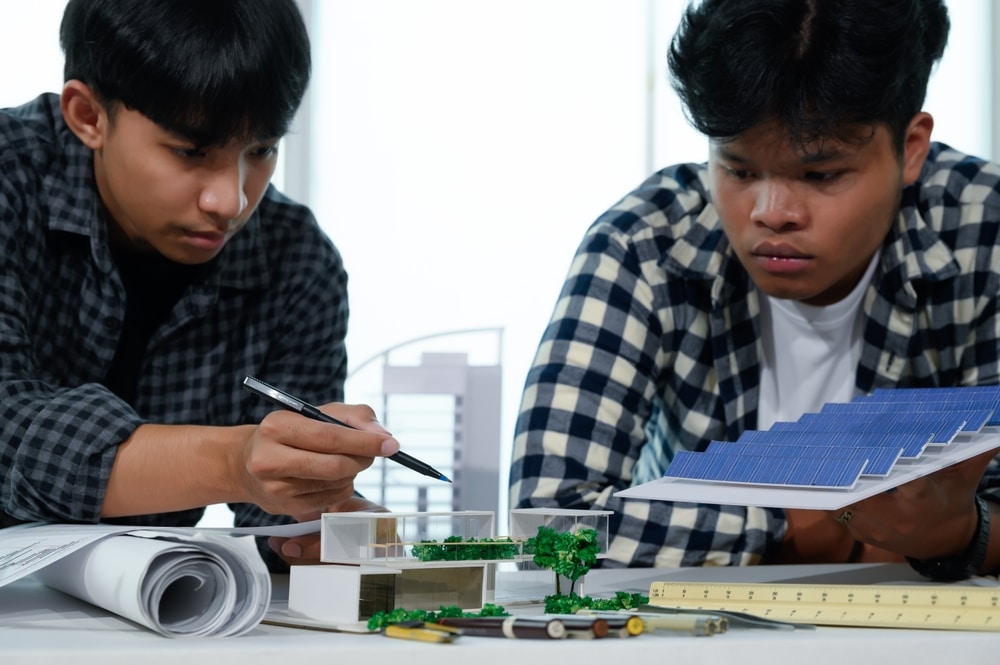Engaging young people and encouraging them to be part of the green transition is crucial for achieving positive climate change. By bringing sustainability research projects into classrooms and conducting tailored activities with young students, we can enhance their knowledge and involvement.
Involving young people within an energy community was an integral part of a community-focused approach utilised in the H2020 iElectrix project which ran from 2019 to 2022.
Student involvement
iEletrix aimed to create local energy communities, implement innovative demand response schemes and enable a smart European electricity grid, which integrates local renewable energy sources across four pilot sites in Austria, Germany, Hungary, and India.
The community-orientated approach implemented by Smart Innovation Norway’s Social Innovation Team aimed to engage students in a local school in the Indian pilot in the research and co-creation activities connected with the demand response program developed in iElectrix. This included designing school activities with the school staff which educated students on how to be more energy efficient in their homes and subsequently reduce the demand placed on the electricity grid.

– The students participated in a competition where they were asked to create posters and videos showing how they would save energy at home. From the competition, a few winning students were selected to become Energy Warriors. These Energy Warriors got more involved in the energy sector through iElectrix, such as visiting the local electricity distributor Tata Power, who were also part of the iElectrix project, says Dr Paul Tobin.
Paul is one of the behavioural scientists from Smart Innovation Norway who has been working on the iElectrix project.
A Social process
Utilising psycho-social frameworks to understand community needs when approaching sustainability projects or initiatives ensures that neither the individual, society or culture is overlooked when introducing new technologies or schemes.
When developing technologies, new business models, management systems, or marketplaces for energy flexibility, aligning them with the needs and motivations of local community members is crucial. Without long-term engagement from the community, new technologies or innovations will not be accepted, and the required societal changes for changing the energy system will be impossible.
- Learn more: What happens when people and tech crash?
Dr Tobin admits that measuring long-term engagement in the pilot communities is difficult. However, based on the feedback and commitment from the community during the project, he is optimistic about the project and its future impact on the local society at the pilot sites.
– It would have been nice to follow up after a few years to see if people are still engaged. It would have been especially interesting to see what has happened to the Energy Warriors in Delhi, he says.
Understanding consumers
Another successful part of iElectrix regarding the Social Innovation team’s behavioural science approach was the customer profiling undertaken in the Hungarian pilot.
The Social Innovation Team conducted a large-scale market research initiative, reaching out to over 10.000 people. From this research, customer profiles were developed in an attempt to better understand the consumers within the energy community and how to approach them. Such extensive mapping facilitated actors in the Hungarian energy sector to focus their efforts in the right direction when introducing schemes aimed at increasing energy-efficient behaviour.
– The experience was very encouraging for us. This extensive consumer research revealed that the primary energy customer profile was environmentally conscious, meaning local customers wanted to be greener and were willing to change their habits, Dr Tobin says.
– It was also nice to be able to share a comprehensive analysis of the community with our Hungarian colleagues on the project.
– The locals are important
When the focus is on developing energy communities and improving consumer/prosumer involvement in the energy system across countries, societal and cultural challenges are inevitable.
The engagement strategies built by the Social Innovation Team in iElectrix were not always easy to implement across different pilots due to different factors or situations in each pilot, e.g., different procedures for business operations, various resources available, or lack of time.
– It can be frustrating if you want to try certain behavioural innovation methodologies, but it is not always possible to fully realise your strategy or design in certain situations or circumstances, Dr Tobin explains.
Another unforeseen, yet significant, challenge was Covid-19. Lasting for four years from 2019, iElectrix ran through the pandemic, making it difficult for behavioural scientists to meet with the people in the energy communities.
The extensive COVID regulations delayed the project and forced the researchers to try other approaches to keep the consumers/prosumers engaged.
Despite the challenges, the EU Commission was very pleased with the whole project when the project partners showcased their achievements in the final review meeting which took place early in 2023.
– iElectrix focused on local renewable energy sources and local energy communities. I think being part of a project working closely with a variety of energy communities was a great experience, significant learnings were discovered regarding the communities’ role in the energy transition. In any energy community the local businesses and residents will be the most important factor regarding the success of any sustainable energy initiative, concludes Dr Paul Tobin.
iElectrix in brief:
iElectrix is a Horizon 2020 project addressing the challenge of a single and smart European electricity grid in integrating renewable energy sources.
It promotes the enabler role of the Distribution System Operators to connect Local Energy Communities to the network.
The project’s ambitions include:
– Increasing Renewable Energy Storage (RES) integration into the network
– Connecting Local Energy Communities to MV (Medium Voltage) and LV (Low Voltage) networks
– Building flexible and smart micro-grids
– Increasing grid resilience and thereby security of supply
– Improving consumers’ involvement (prosumers)
– Developing innovative and sustainable technical solutions and business models
Smart Innovation Norway’s Social Innovation Team has been focusing on developing energy communities and improving consumer/prosumer involvement in the community.
This also includes DSOs and other parties in a wider community engagement.
Partners:
– ENEDIS, France
– ENERGIE GUSSING GMBH, Austria
– E.DIS Netz GmbH, Germany
– E.ON EED, Hungary
– DEDDIE/HEDNO, Greece
– ATOS SPAIN SA, Spain
– EEE, Austria
– SCHN, France
– HYPERTECH AE, Greece
– Smart Innovation Norway, Finland
– Odit-e, France
– MERIT, Belgium
– CIRCE, Spain
– Universidad Pontificia Comillas, Spain
– RWTH AACHEN, Germany
Project period: 2019-2022

